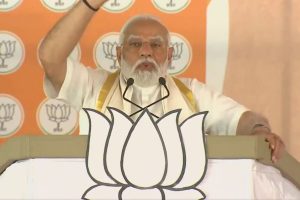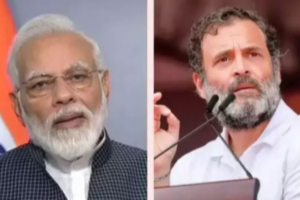The United Forum of Bank Unions, an umbrella organization of nine unions, has betrayed the soul of irresponsibility yet again. It will be shutters down in the country’s banking sector on March 15 and 16, with the employees deciding to keep operations in suspended animation for two days in protest against the proposed privatisation of two nationalised banks. The privatisation plan was announced by finance minister Nirmala Sitharaman while presenting the Union budget on February 1 this year.
Once again ~ and this is unlikely to be the last occasion ~ the bank unions have suffixed their two day agitprop to a second Saturday and Sunday, holidays both. Noticeable also is the tendency to either prefix or suffix the strike with holidays. This newspaper has had occasion to deprecate such vacuous initiatives that are announced with a singular intent ~ to enjoy a prolonged weekend unlike perhaps any other segment in the organised sector.
In the net, there will be no banking in the country for four days, and this is unimaginable in any civilised set-up. This contrived dislocation is bound to impinge on the economy in the season of the pandemic and vaccinations, not to forget the electioneering in the states that are headed for the Assembly elections later this month. Most of the banks, notably the State Bank of India ~ with its motto, “Bankers to the Nation” ~ have informed their customers of the impact on functioning of the ubiquitous branches and offices.
In point of fact, it is the nation that has been accorded the short shrift arguably to lend an impetus to the agitation. The impact, in a word, will render banking out of joint, and cause tremendous inconvenience to individual clients, the corporate sector, and the government in the wider canvas not the least because banks are largely nationalised ever since 1969, the high noon of the Indira Gandhi dispensation.
If indeed “conciliation meetings” were held on March 4, 9, and 10, both sides ought to have made an earnest effort to avert the strike. The talks have distinctly drawn a blank. Though some banks have informed their clients that they are taking what they call “necessary steps” to ensure the “smooth functioning” of branches, till Friday afternoon, no steps had been announced to give effect to the saccharine assurance. There are far too many red herrings across the trail.
Considerable will be the backlog of pending work in the aftermath of the four-day closure, one major aspect being the clearing operations that affect the majority of clients. The latter must have expected the banks, their managements as well as the United Forum of Bank Unions, to devise a plan of corrective action. And if this entailed putting in longer hours, sacrificing the second and fourth Saturdays coupled with Sundays, so it should have been.











